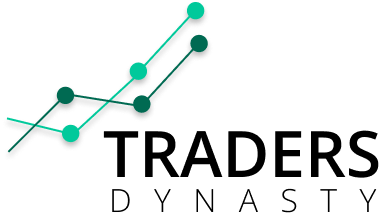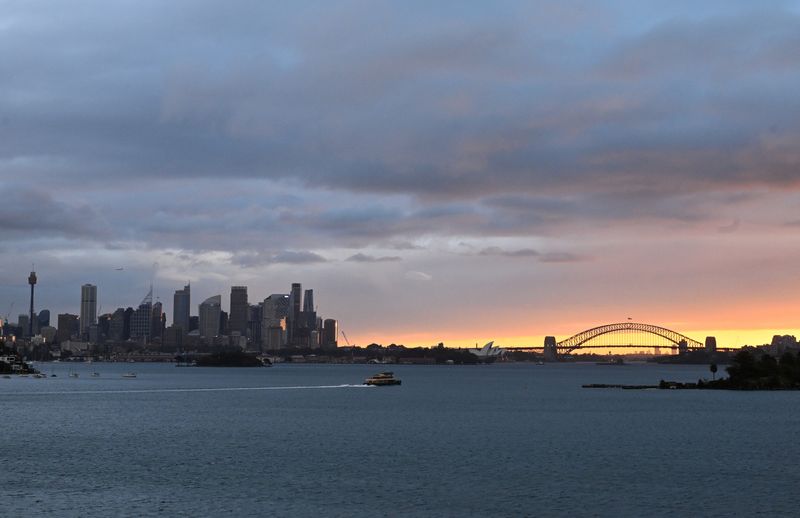SYDNEY (Reuters) -Australian employment beat forecasts for a sixth straight month in September, while the jobless rate held steady, reinforcing the view that the labour market remains tight as market bets for a rate cut by year end diminish.
The Australian dollar rose 0.5% to $0.6698, rebounding from a one-month low, while the three-year government bond yield jumped 7 basis points to 3.829%.
Markets pared the chance for a first interest rate cut from the Reserve Bank of Australia in December to 30% from 46% before the data. They’re now even not sure if a cut can come in February next year, with just 75% priced in.
“We see no incentive to shift from our call that the RBA won’t even start cutting rates until 1Q2025, and there is a chance that even this is too aggressive,” said Robert Carnell, regional head of research, Asia Pacific, ING.
Data from the Australian Bureau of Statistics on Thursday showed net employment surged 64,100 in September from August, when they rose a downwardly revised 42,600.
That was well above market forecasts for a 25,000 rise, and most of the gains were in full-time employment.
The jobless rate held relatively steady at a downwardly adjusted 4.1% where it has generally been over the past six months, noted the ABS.
The participation rate edged up to another all-time high of 67.2% as the workforce expanded rapidly.
Bjorn Jarvis, ABS head of labour statistics, noted that there are still large numbers of people entering the labour force and finding work in a range of industries, given the still elevated job ads.
The RBA has held its policy steady since November, judging the current cash rate of 4.35% – up from 0.1% during the pandemic – is restrictive enough to bring inflation to its target band of 2-3% while preserving employmentgains.
However, underlying inflation has remained sticky and the labour market is only slowing gradually, a reason that the RBA has all but ruled out a rate cut this year, lagging other major central banks in kick starting an easing cycle.
Headline inflation did slow to 2.7% in August, due to government electricity rebates, but the RBA has warned the monthly measure is volatile and it would look through the temporary impact.
The job report showed hours worked rose 0.3% in September, after an increase of 0.4%, while the underemployment rate fell 0.1 percentage point to 6.3%, all pointing to a strong labour market.
“Ultimately, this means less pressure on the RBA to bring forward its rate cut timeline,” said Russel Chesler, VanEck head of investments & capital markets.
“The hot jobs market is preventing inflation from falling much further, as it is keeping services inflation persistently high … The market is pricing in cuts to start by February 2025, but we believe rate cuts will start much later in 2025.”

